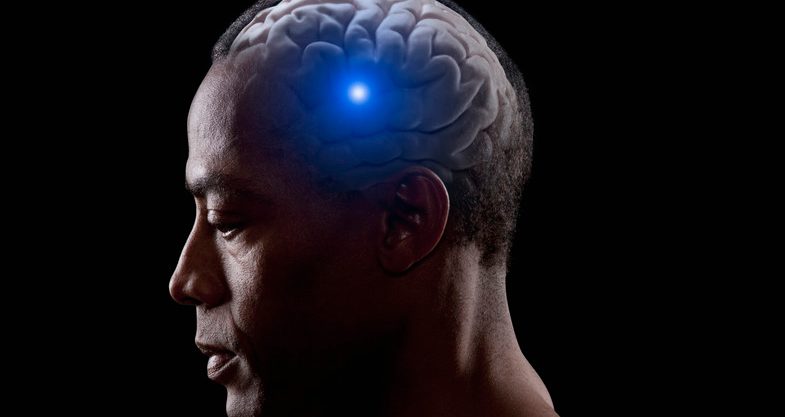The Effects of High Blood Sugar on Your Memory

The earlier type 2 diabetes sets in, the greater your chance of Alzheimer’s or memory loss. This is a strong reason to pay attention if you have prediabetes.
Your doctor may have told you that your blood sugar was a bit high, though not yet in the diabetic range. This meant that you could be heading towards type 2 diabetes, unless you take action. His prescription was to take Metformin (an anti-diabetics medication), exercise more, lose weight, eat less sweets and simple carbs — or all four. Did you shrug?
Diabetes may sound scarier if you realize it is tied to memory loss. In fact, some observers speak of Alzheimer's disease as “type 3 diabetes,” or “diabetes of the brain,” because it is linked to insulin resistance, the key sign of type 2 diabetes.
YOU MIGHT ALSO LIKE: What Is Type 3 Diabetes
Blood sugar problems increase the chance of memory loss
A British study with more than 10,000 participants who entered the study in middle age analyzed the links between a diagnosis of diabetes or dementia over nearly 32 years. It concluded that by age 70, your chances of dementia rose by 25 percent for every five years of earlier onset of diabetes. While scientists have not pinned down the mechanism, they know that the brain requires a great deal of energy to function. It makes sense that it would be vulnerable to the extra stress produced by blood sugar problems.
In an earlier study, researchers evaluated the brain health of more than 13,300 middle-aged Americans during three visits between 1990 and 2013. The participants took tests of their word recall and other measures of brain performance. Over the next two decades, cognitive decline was significantly greater among people with slightly elevated blood sugar — called prediabetes — at the first visit, compared to people with normal blood sugar.
If you had poorly-controlled diabetes on the first visit, your chance of cognitive decline was greater than among people who had their diabetes under control. Also, as in the British study, the sooner your diabetes set in, the greater your chance of cognitive decline later.
What you can do
The upside of the results, the researchers say, is that people with prediabetes have time to prevent mental decline if they get their blood sugar levels down as soon as possible. The earlier the prevention starts, they add, the greater the benefit might be. Other scientists have found that if cognitive decline sets in while you are prediabetic, it may evolve slowly over many years — but about 50 percent faster than in a person with normal blood sugar.
You need to do better than the norm
You may think, “But I eat pretty normally, how bad can it be to have a soda most days?” The truth is that normal American eating is a path to diabetes. More than one in three Americans fall in the prediabetic range (defined as a three-month average blood sugar, or an HbA1c score of 5.7 to 6.4 percent), which often comes along with being overweight . About one in 10 Americans has type 2 diabetes. Rates are rising in American children and youth.
If you have prediabetes, you need an action.
- Ask your doctor about taking Metformin. Millions already take the medication for diabetes. and the American Diabetes Association first recommended Metformin for the pre-diabetic group in 2008, with specific guidelines.
- Identify your worst eating habit and stop it. Do you eat ice cream every night? Do you hate vegetables and rarely eat any? Do you eat pasta for your main course regularly? Ditch one habit and, when you’ve maintained the new normal, tackle the next one. It often helps to remove all temptation from your home and find a healthier substitute for the ice cream or pasta.
- Increase your exercise. Figure out a habit that you can stick to and the support you need. Many people do better with company, so find a fun dance class or walking buddy. When you’ve changed your behavior in the past for the better, how did you do it? Everybody is a little different. You may know your own path to success.
Neurologist David Perlmutter, MD, author of the best-selling consumer book “Grain Brain,” has long believed that carbohydrates (including sugar) are causing mental decline.
The book reviews scientific literature that he says demonstrates a significant increased risk for developing Alzheimer’s disease or other kinds of dementia in people with type 2 diabetes.
In practical terms, this amounts to a diet very low in sugar and carbohydrates and high in fiber from “above ground” vegetables, plus a lifestyle high in physical activity, Perlmutter says.
Updated:
April 22, 2022
Reviewed By:
Janet O’Dell, RN